Episode 137: Florence Nightingale
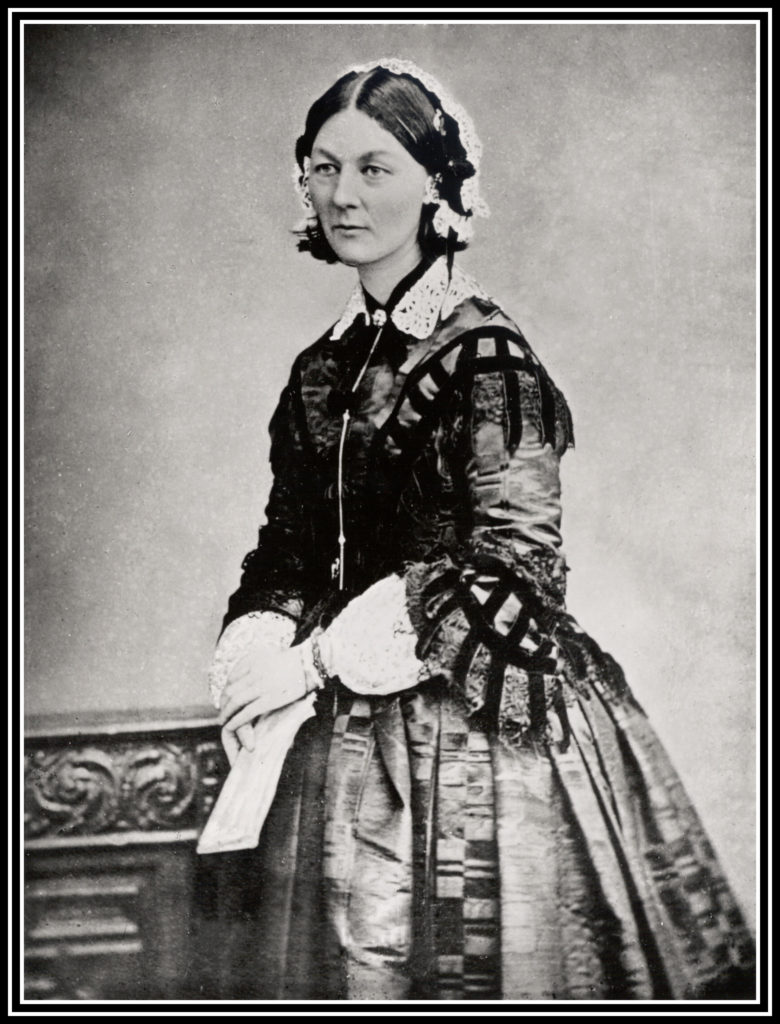
Florence, circa 1860 post-Crimean War
Florence Nightingale was born on May 12, 1820, in Florence, Italy. Yes, that’s where her name came from and it’s only the first interesting thing about her!

Florence, circa 1860 post-Crimean War
Florence Nightingale was born on May 12, 1820, in Florence, Italy. Yes, that’s where her name came from and it’s only the first interesting thing about her!
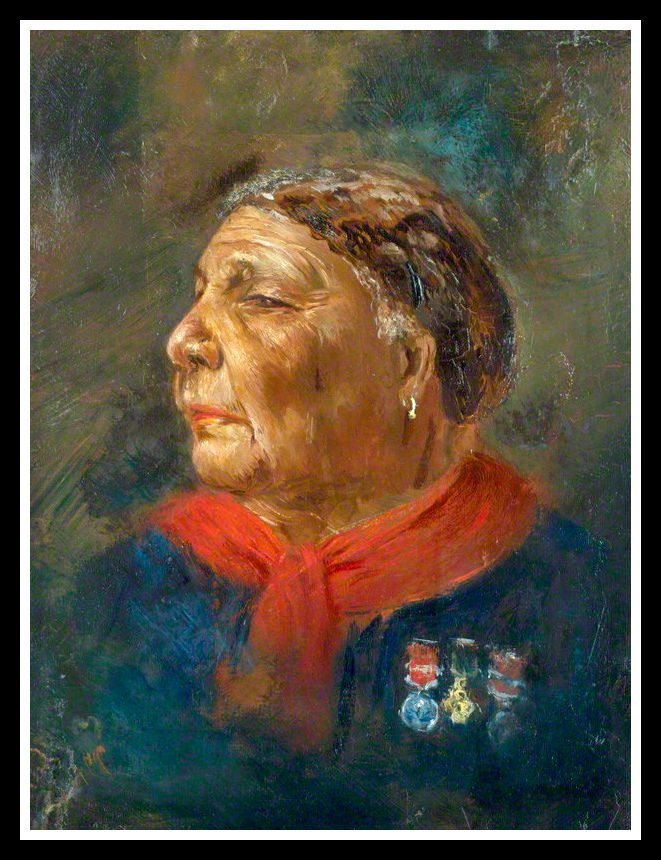
Mary circa 1871, with medals she didn’t earn, but it wasn’t illegal for her to wear and they really do spiff up her outfit, don’t they?
Mary Seacole was a doctress, an entrepreneur, a writer and very, very good in the room. She had a long, accomplished life and once had a brief brush with another woman of medicine during the Crimean War that has colored how some people see them both. It’s a shame when we can’t appreciate women’s contributions without pitting them against each other, isn’t it?
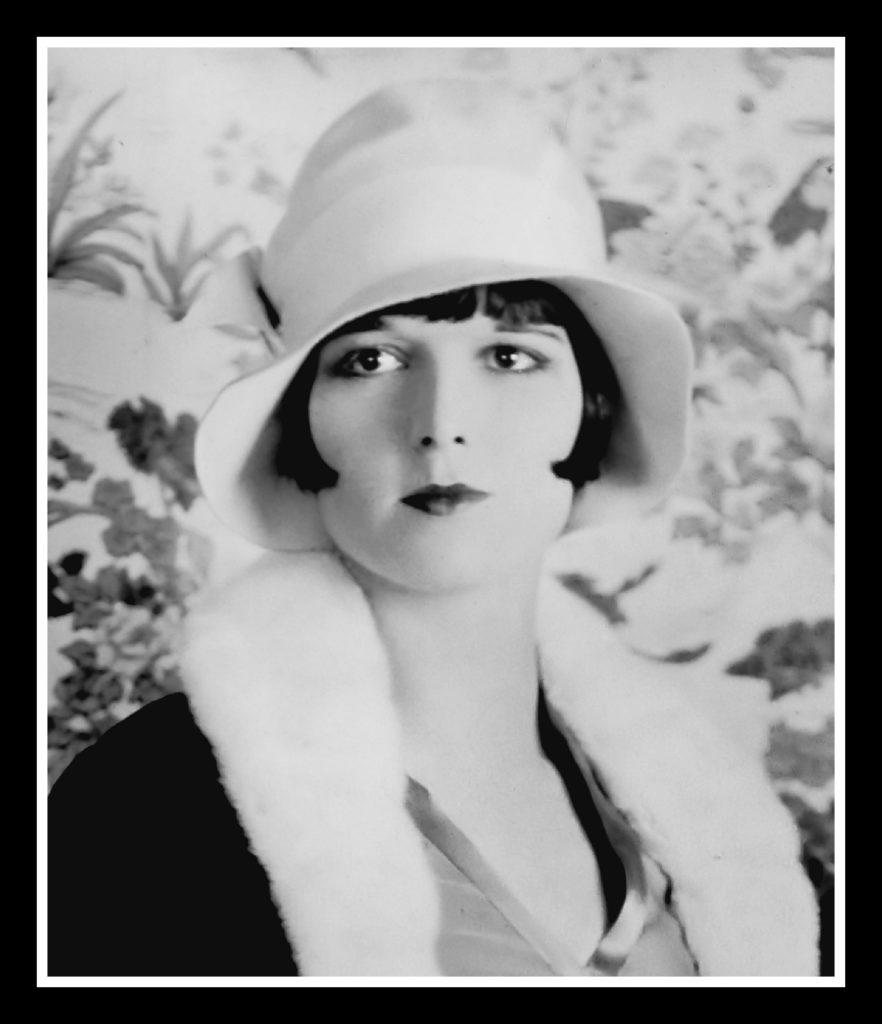
Louise Brooks was a dancer, an actress, a film historian, critic and writer. In this episode, we also remember her for her perfect bob, her iconic flapper image, and the many ups, downs and farther downs in her life.
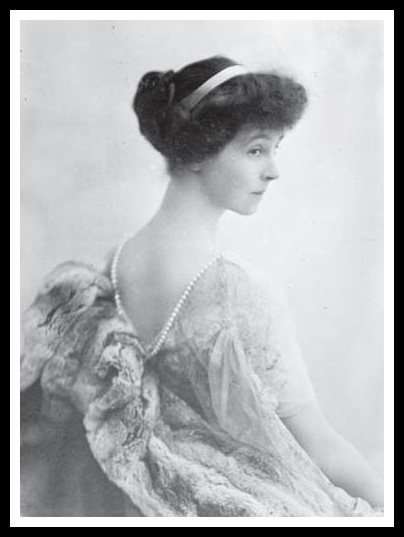
Consuelo Vanderbilt, the Duchess of Marlboro, one of the women we cover in this episode.
As we got excited about the upcoming Downton Abbey movie, we thought back to the Gilded Age heiresses who inspired both the original TV show AND our podcast. Julian Fellowes and Beckett Graham both read the same book which prompted each to pursue projects based on it. Mr. Fellowes* created Downton Abbey and Mrs. Graham thought, “I should make a women’s history podcast!”
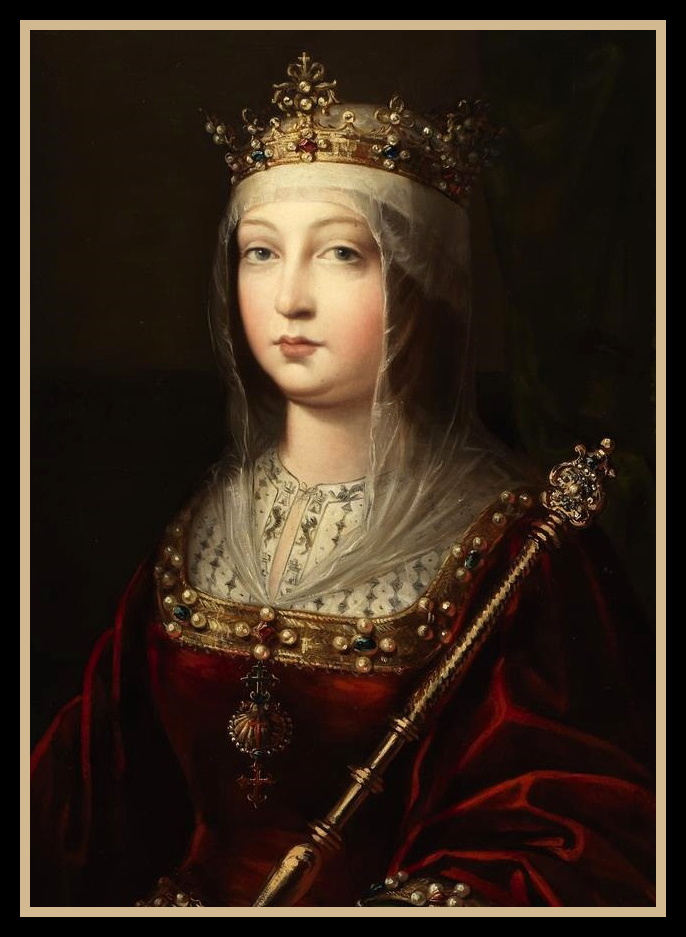
Artist unknown, via wikicommons
Isabella and Ferdinand; she before he. The couple ruled together, but she was the one who created a centralized government in what is now modern-day Spain, and together they ended an 800-year holy war. It was she who funded slick sailsman (little nautical pun there), Cristoforo Columbo, to set sail to the Indies and it was she who hauled him back after he robbed, pillaged, enslaved and brought European illnesses to the indigenous people of Not-the-Indies. It was she who gave birth to five children, and she who supported the arts and education in her country.